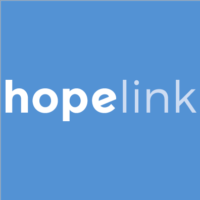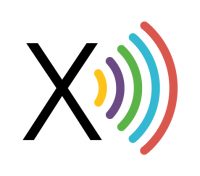The agency began in 1971, growing out of a grassroots job referral program aimed at helping laid-off Boeing workers find jobs during a major Seattle recession. Local churches joined in with food donations and this cooperative effort laid the foundation for the agency.
Transportation services for the low-income, disabled and elderly were added to these emergency services in 1977, and in 1984, Hopelink opened the first and only emergency shelter for homeless families in north and east King County. Later, the agency introduced transitional housing to the community.
In 2001, Hopelink merged with Eastside Literacy to help equip adults with the basic literacy skills they need to be better family members, workers and community members.
The Hopelink approach — promoting self-sufficiency to create lasting personal and community change — has helped move tens of thousands of people from vulnerability and crisis to independence and stability. With a two-step approach of helping people in crisis gain stability while providing the tools needed to exit poverty, the agency has broadened its focus through the years from emergency intervention to include the longer term support needed by at-risk families and individuals.
Today, Hopelink provides a full array of critical social services through a number of different programs, including housing, transportation, case management, financial assistance, employment programs, energy assistance, adult education and literacy training, a vast referral network and six food banks. Hopelink Centers are located in Redmond, Bellevue, Kirkland, Shoreline and Sno-Valley/Carnation.
After more than 45 years of delivering innovative and life-changing social services, Hopelink has emerged as a unique agency capable of meeting an individual’s immediate needs, while also addressing the core risk factors behind short-term crises and chronic struggles. And while the agency’s ability to provide transformative services to those most in need has evolved, its original beliefs continue to guide staff and volunteers alike: each person deserves dignity and respect, and each family has the ability to heal itself, given the right resources and time.

